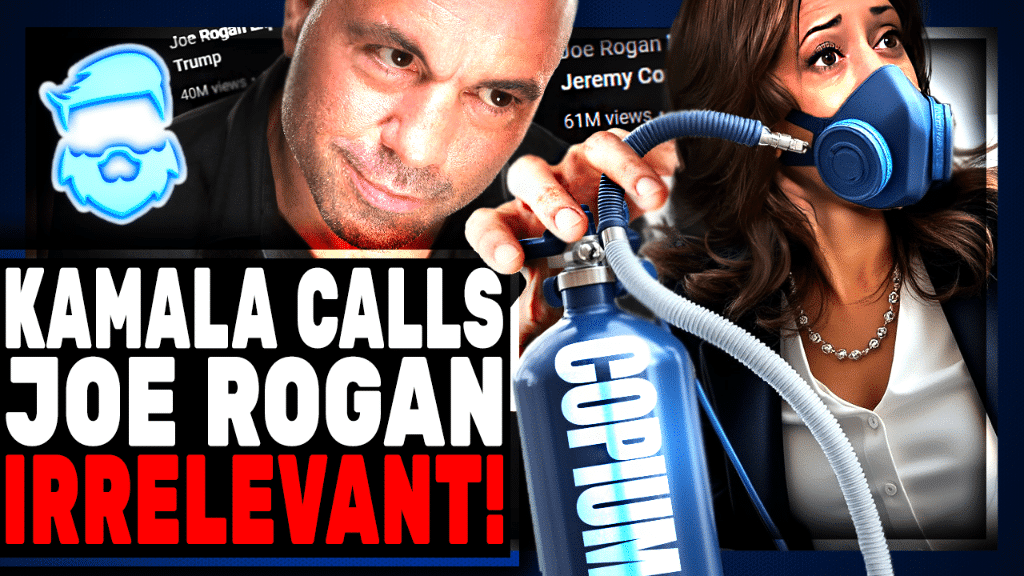A baby formula shortage gripping the U.S. since March has parents in a panic over where and when they’ll be able to find the products they need to feed their kids.
The out-of-stock rate, representing the amount of formula that’s not in stock compared to what’s typically available, was 43% for the week ending May 8, according to Datasembly, a provider of real-time product data for retailers and consumer packaged goods (CPG) brands.
With no easy end in sight, caregivers nationwide have been forced to devote their free time to driving between stores in search of formula, prompting retailers to limit the number of cans customers can buy. Others have turned to Facebook groups and informal support networks to acquire the nutritional products that work best for their kids.
“I’ve looked online, I have my mom in Boston looking, my mother-in-law in Florida looking,” Elyssa Schmier previously told Fortuneabout her trouble finding formula for her 8-month-old son. “Everyone we know is looking for us and no one can find it.”
How did a baby formula crisis spring up in one of the world’s richest countries? Experts say a recall by one of the industry’s largest manufacturers, persistent supply-chain issues, and a market dominated by only a few players have combined to form what one consumer goods expert calls a “perfect storm” affecting the supply of essential formula to millions of babies across the U.S. And the shortage could last for months.
Here’s how we got here.
Abbott Nutrition is the food sector arm of medical device and health care giant Abbott Laboratories, making products that range from carb-loaded drinks that help patients rebound from surgery, to energy drinks, to powder and liquid baby formula. Though it maintains a global manufacturing network, its plant in Sturgis, Mich., is among the few in the U.S. that produce formula.
On Feb. 17, Abbott voluntarily recalled its Sturgis-manufactured products and shut down the plant following reports that four infants fell ill from bacterial infection and two died after consuming formula produced in the plant. A whistleblower report, submitted to the FDA in October 2021, alleged further health and safety compliance issues at the facility and contributed to a formal inspection by the agency earlier this year.
Abbott is now waiting for approval to reopen. “We understand the situation is urgent—getting Sturgis up and running will help alleviate this shortage,” the company said in a statement to Fortune. After conducting its own investigation, which included genomic sequencing of bacteria, the company reported that nothing on its premises matched the specific strain of bacteria that caused the illnesses and deaths.
“The Cronobacter sakazakii that was found in environmental testing during the investigation was in non-product contact areas of the facility and has not been linked to any known infant illness,” the company said in a statement.
The FDA, however, found more problems with the facility that extended beyond the possibility of previous contamination. Following its own inspection, which occurred from Jan. 31 to March 18, the FDA says that it observed Cronobacter sakazakii “in medium and high care areas of powdered infant formula production”—a problem regardless of whether or not it was the same strain that caused the specific infant deaths.

















